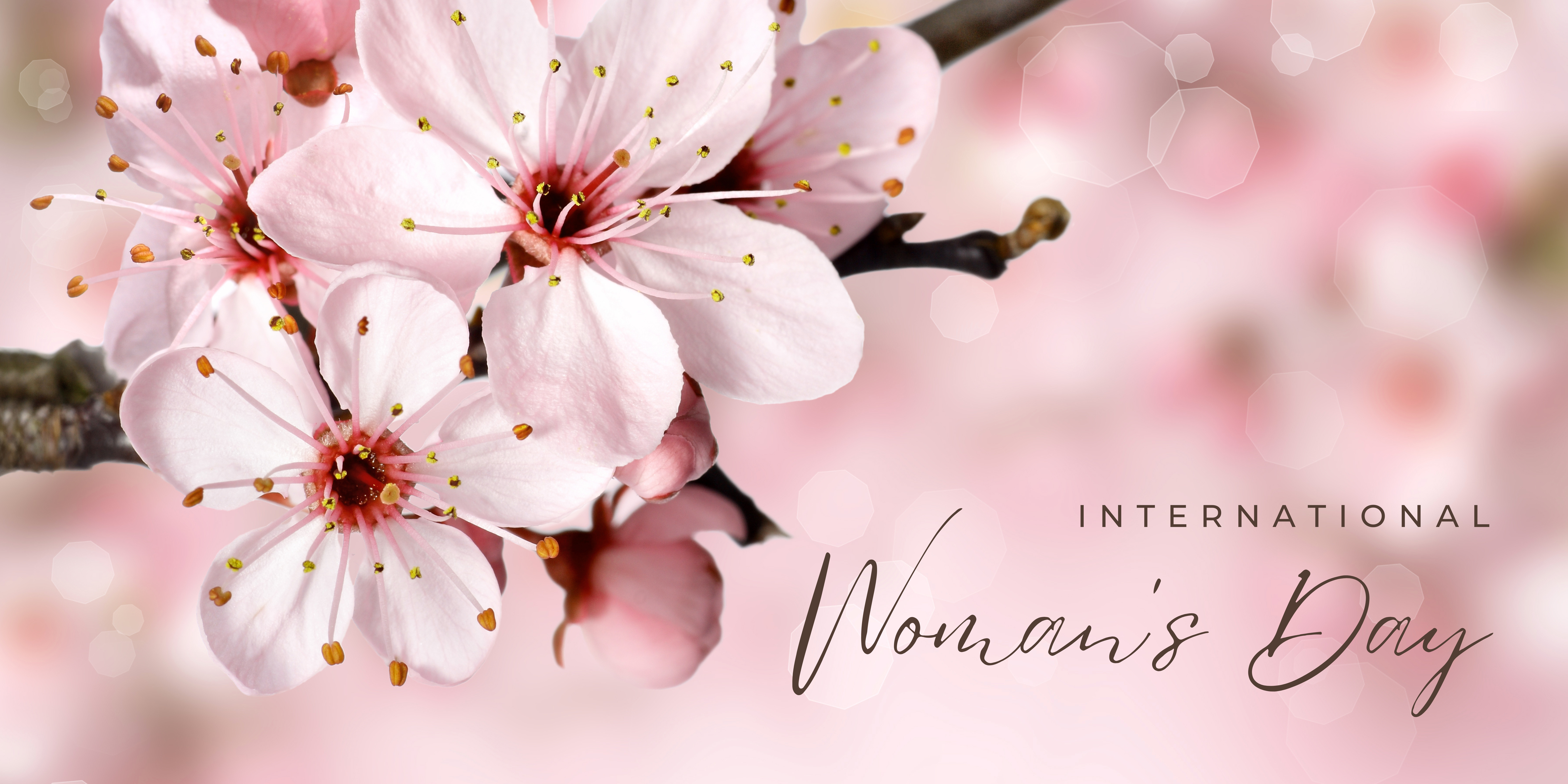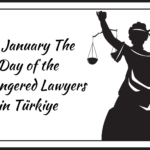Women’s rights, despite being an inseparable part of human rights, have historically remained a subject of debate, suffered violations, and often been overlooked by judicial systems. The fundamental principle of law, “equality before the law,” faces a serious test when it comes to women. International Women’s Day, observed on March 8, serves as a reminder of this ongoing test, an opportunity to highlight deficiencies, and a moment to question the true meaning of women’s rights.
However, we should not have to wait for a woman to lose her life or endure a grave injustice to remind ourselves of this issue. Women must proactively act not only on commemorative days but continuously and individually from the outset.
A Historical Perspective: The Long and Arduous Path to Women’s Rights
The recognition and implementation of women’s rights has been a slow and painful process. The 1789 French Revolution’s motto, “Égalité, Liberté, Fraternité,” sought to establish “brotherhood” only among men, excluding women. The struggle for women’s political and legal rights gained momentum in the 19th century, but it took much longer to bring about a genuine legal revolution.
Even today, the notion of “women’s rights” is often perceived as a separate and additional category rather than as fundamental human rights, highlighting the persistent lack of a solid legal foundation for gender equality.
The 1848 Seneca Falls Women’s Rights Convention marked one of the first major movements, but it was not until 1920 that women in the United States were granted the right to vote. In Europe, the Suffragette movement in the United Kingdom set a precedent, while in Germany and France, women’s rights gained legitimacy only by the mid-20th century.
While men have been granted natural rights without struggle, women—despite inherently deserving the same rights—have had to fight fiercely to obtain them.
The Scope of Law: The Right to a Fair Trial and Women
One of the most fundamental principles of international law, the right to a fair trial, has unfortunately become a critical issue for women in politically motivated cases. Women activists, journalists, human rights defenders, and politicians across various regions of the world face unjust trials and gender-discriminatory criminal procedures.
Belarusian journalist Maryna Zolatava, Saudi human rights activist Loujain al-Hathloul, Egyptian lawyer Hoda Abdelmoniem, and imprisoned attorneys in Turkey have been deprived of their right to a fair trial merely for defending human rights. They have been punished in politically charged cases where the rule of law and the principle of equality before the law have been disregarded.
These cases serve as stark evidence of how biased and gender-discriminatory legal systems can be. Women are subjected to multiple layers of discrimination—not only because of their gender but also due to their social class, ethnic identity, and political beliefs.
So, for whom does the law truly function?
The Right to Education: The Future of Girls
Education is one of the most critical aspects of women’s rights. According to UNICEF, over 130 million girls worldwide are unable to attend school. Under Taliban rule in Afghanistan, women’s right to education has been completely revoked, representing one of the most extreme violations of this right. Similarly, in many parts of the world, young girls are denied education due to early and forced marriages.
Depriving women of education also indirectly strips them of their right to legal recourse.
The Role of Law: Why Women’s Rights Are Fundamental to Legal Integrity
The protection of women is essential to maintaining the legitimacy of the legal system. Law should not bend to societal conditions or be left at the mercy of political powers. Universal legal principles demand that everyone, regardless of gender, be judged fairly and granted an equal right to life.
However, even the concept of a “legal professional” is perceived differently depending on gender. Female lawyers, judges, and legal scholars face greater challenges than their male counterparts in the profession. If equality within the legal field itself has not been fully established, ensuring balance in other sectors of society becomes an even greater challenge.
Justice can only be achieved when the law is applied equally to all.
Final Words: The Law Owes Women
The protection of women is not just a moral obligation but a necessity for the legitimacy of the legal system. If justice continues to be delayed for women, how can the law maintain its integrity? While women have been seeking their rights for centuries, where do we stand in this crusade for legal equality? Is the law merely an abstract concept confined to books, or can it serve as a genuine source of hope for women?



